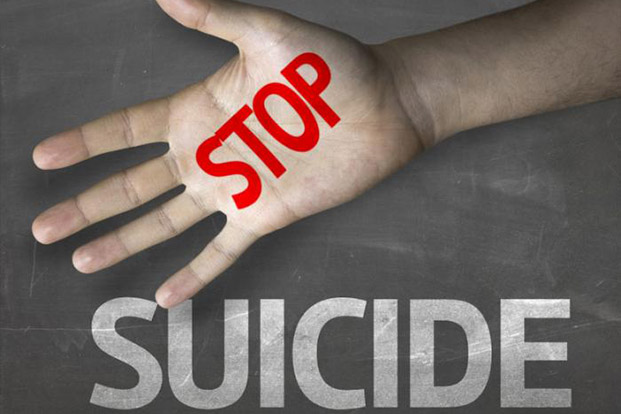Drug Abuse Treatment
Apr 19, 2022
Today the youth of India is dependent on alcohol and drugs. According to the official data from the ministry of social justice and empowerment, India has an estimated 3.4 million drug abuse victims and 11 million alcoholics in the country.The implications of alcohol and drug use are huge on the health sector. It is estimated that 7 individuals commit suicide due to this problem every day.
Management of alcohol and drug abuse problems begins at identifying them as an illness rather than a choice. The stigma associated with mental health issues prevents people from seeking help and individuals tend to go on abusing substances because they are unaware that treatment is available.

Treatment Components:
- Detoxification:
Most substances of abuse cause physical dependence which means that upon stopping the substance, the individual develops withdrawal symptoms. These symptoms cause acute discomfort and therefore, the abuser tends to go back to using the substance to get relief from symptoms. The first step therefore is to identify and mitigate physical withdrawal symptoms by prescription medicines. Psychiatric treatment for withdrawal is done under supervision and is safe and effective in preventing individuals from relapsing to substance abuse.
- De-addiction:
The next step is relapse prevention. Patients tend to use alcohol or drugs due to various reasons. Exploring the factors which can lead to relapse is important to individualize rehabilitation plans. Various factors cause addiction behavior-
- Environment
- Genetic/Hereditary factors
- Primary Psychiatric illnesses
- Personality Factors
- Treatment Planning:
This is done by taking into consideration two important aspects:
- Psychiatric Evaluation: It’s aimed at identifying stage of substance use and dependence, withdrawal symptoms and underlying personality along with the psychiatric factors. Once evaluated, treatment program is individualized and planned.
- Psychological intervention: This is done with the help of counseling and by inclusion in the self help groups.
Counseling: It is aimed at enhancing motivation to stop harmful use of substances, exploring options to replace harmful use behavior, and finding creative and productive ways of handling craving and withdrawal.
Self Help and Support Groups: Group counselling and support groups like Alcohol Anonymous aid in rehabilitation and normalizing behavior.
Life style interventions are imperative in long term recovery from this malady.
- Preventing Relapse:
Relapse is a reality in substance use disorders but it does not mean that de-addiction cannot be achieved. Patient should be assured that the treatment process continues despite relapse and therefore he/she should stay in touch with the specialist for management.








